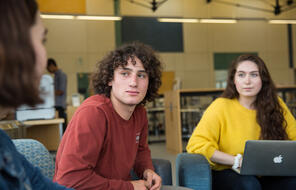Resource Library
Find compelling classroom resources, learn new teaching methods, meet standards, and make a difference in the lives of your students.
We are grateful to The Hammer Family Foundation for supporting the development of our on-demand learning and teaching resources.

Introducing Our US History Curriculum Collection
Draw from this flexible curriculum collection as you plan any middle or high school US history course. Featuring units, C3-style inquiries, and case studies, the collection will help you explore themes of democracy and freedom with your students throughout the year.
3281 Results
Identity and Storytelling
Designed for students in grades 8-10, this text set includes lesson plans and multi-genre texts for a 1–2 week unit exploring the essential question, "What makes me, me?"
Standing Up to Hatred and Intolerance
Address today's global challenges with lesson plans focused on current events including the refugee crisis and contemporary antisemitism.

Vies volées: Les Peuples Autochtones au Canada et le régime des pensionnats
Explorez nos ressources en ligne sur les pensionnats autochtones et leurs effets à long terme sur les Peuples Autochtones au Canada.
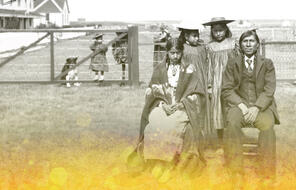
Memphis 1968
Lessons and resources help you explore the sanitation workers’ strike and other events that brought Dr. King to Memphis in the spring of 1968. This lesson is part of our partnership with the National Civil Rights Museum's MLK50 initiative.
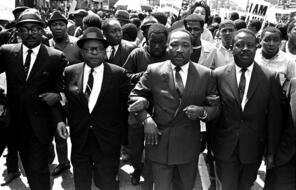
Facing Ferguson: News Literacy in a Digital Age
Help students become informed and effective civic participants in today's digital landscape. This unit is designed to develop students' critical thinking, news literacy, civic engagement, and social-emotional skills and competencies.

The Reconstruction Era 3-Week Unit
Teach a 3-week study of the Reconstruction era guided by the essential question "What can we learn from the history of Reconstruction as we work to strengthen democracy today?"
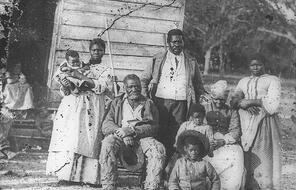
Stolen Lives: The Indigenous Peoples of Canada and the Indian Residential Schools
Explore our online resource on the Indian Residential Schools and their long-lasting effects on Canada’s Indigenous Peoples.

Americans and the Holocaust: The Refugee Crisis
Explore the motives, pressures, and fears that shaped Americans’ responses to Nazism and the humanitarian refugee crisis it provoked during the 1930s and 1940s.

Teaching the Nanjing Atrocities
Lead students through a study of the Nanjing atrocities, beginning with an examination of imperialism in East Asia and ending with reflection on justice in the aftermath of mass violence.
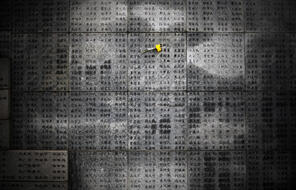
Teaching the Holocaust and Armenian Genocide: For California Educators
Designed for California 10th grade world history courses, this unit guides students through a study of the Holocaust and the Armenian Genocide that focuses on choices and human behavior.

Teaching Who Will Write Our History
Invite students to reflect on why it matters who tells our stories as they view a documentary film about the profound courage and resistance of the Oyneg Shabes in the Warsaw ghetto.

For Educators in Jewish Settings: Teaching Holocaust and Human Behavior
Developed specifically for educators in Jewish settings, these lessons lead middle and high school students through an examination of the Holocaust from a historical perspective and consider what this particular history has to do with what it means to be Jewish.
